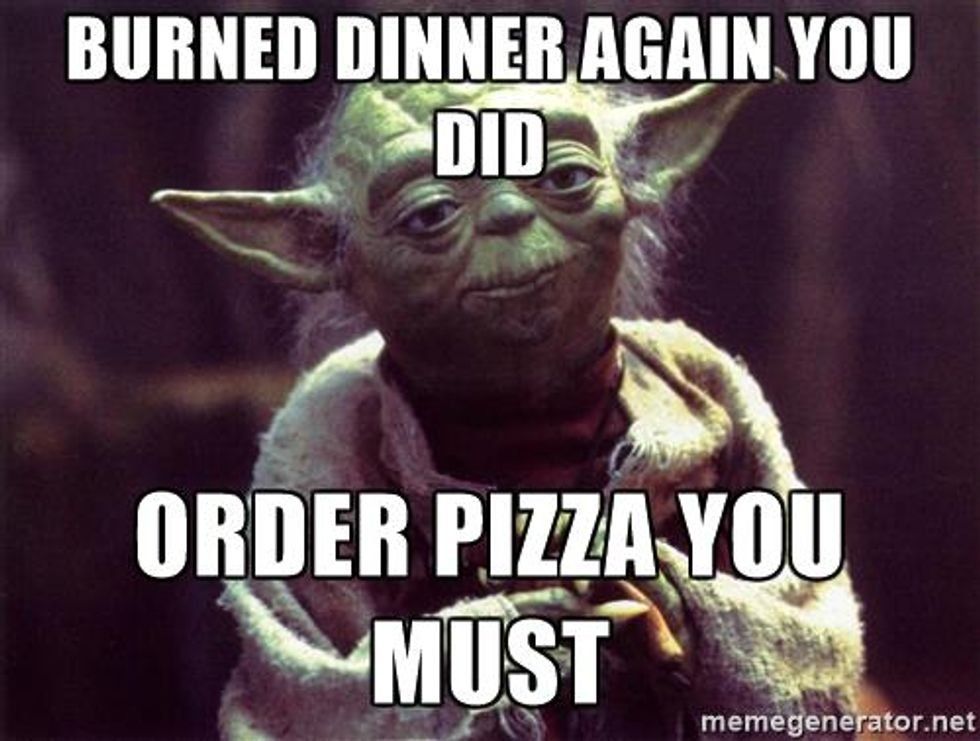Many high-profile thinkers have recently made their views very clear on why they think philosophy is a dead study. Only a month ago, Bill Nye made his views very clear with a quick dismissal of the field, and former Republican presidential candidate Marco Rubio indicated that we aren't needed in the workforce either. So the question now is: are they right? Is there a possibility that I'm wasting four years studying a pointless and circular discipline? The answer to that is simply no.
Unlike the usual perception of a philosophy classroom, where students are passively sitting and absorbing notes from the professor, the truth is that a student of philosophy is thrust to the center of the class and given the chance to make their opinions on an argument from the text known. Debates erupt and beliefs are challenged. Rooms can become tense, and the longer a discussion goes on the more mentally drained you feel. But that feeling of being challenged, that sense that you're engaging with an entire classroom on classic debates, is what makes it more valuable than my previous 12 years of schooling.
Being a philosophy major isn't about knowing who Plato was and why he was wrong (that's just a given). Instead, it's about understanding the logic behind Plato's arguments, how logically sound they are and the validity of those claims. It is about thinking critically and deconstructing arguments in a way that is akin to looking under the microscope in a lab.
Sure, you might be thinking, this is all fine and dandy, but if we just use critical thinking skills to analyze what philosophers have said, isn't that useless? To that I'd say that you're right and wrong. It's true that a lot of the discussions in classes are over seemingly useless arguments, but this teaches students how to understand complex arguments and break them down in much the same way that algebra gives you the fundamental knowledge to solve more complex equations.
As a student of philosophy, I get asked a lot about what I plan on doing with my major. It's a loaded question -- I can almost hear the person scoffing at me. There's an infinite number of ways that I could answer that question -- I could spout off about critical thinking skills, how philosophers are the only ones who can discuss ethics and actually know what they're talking about or the fact that philosophy and science have been piggy-backing off each other for centuries. But I'll just leave it with this simple answer: with every author I read, with every debate I see between two thinkers, I feel closer to understanding the world. I get a feeling that there's something bigger than the project of philosophy and science, and from that feeling comes the desire and need to find answers to these questions. Even if I don't find everything I'm looking for, the mere act of searching is enough for me.




 man making a coffee lattePhoto by
man making a coffee lattePhoto by  Photo by
Photo by  Photo by
Photo by  Photo by
Photo by 









 Photo by
Photo by 











